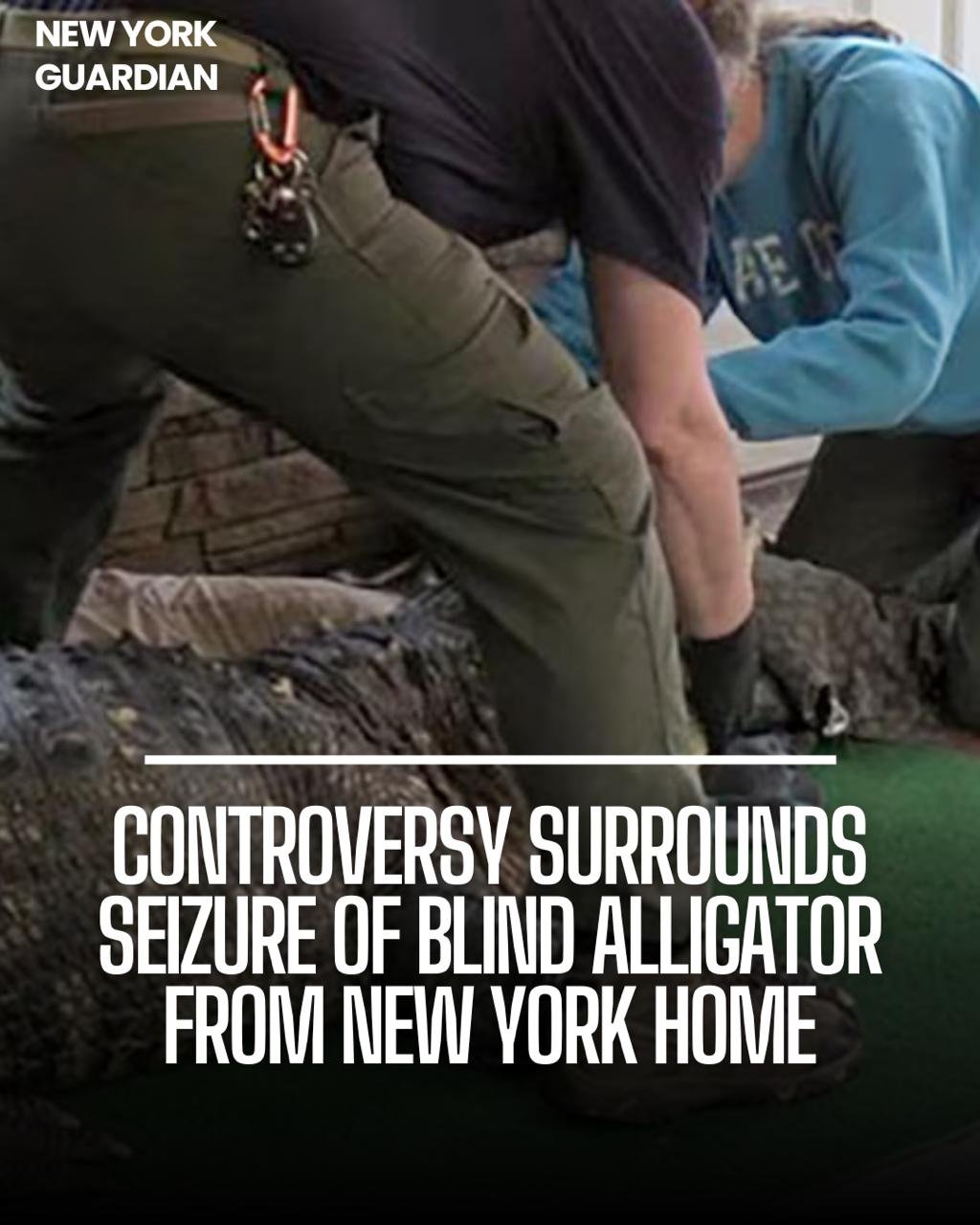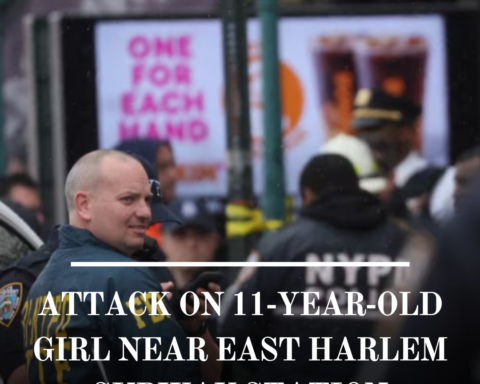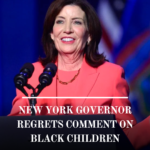This week, a 750-pound, 11-foot-long crocodile named Albert was held from a New York house, setting the stage for a conflict between the state’s Department of Environmental Conservation and the animal’s self-proclaimed owner.
In a small town in Hamburg, New York, a contentious situation has arisen over the seizure of an alligator named Albert from his owner, Tony Cavallaro.
The 34-year-old alligator, who lived in an in-ground pool in Cavallaro’s backyard, was taken into custody by authorities due to concerns about public safety and the animal’s health.
Health Concerns and Allegations
Albert, who suffers from blindness in both eyes and spinal complications, was deemed unfit to remain in Cavallaro’s care.
Officials from the local department stated that Cavallaro allowed members of the public to interact with the alligator, raising concerns about the safety of both the animal and the public.
Owner’s Defense and Criticism
Cavallaro vehemently denied allegations of mistreatment, asserting that he cared for Albert better than most people care for their children. He criticized the manner in which the seizure was conducted, describing it as excessive and intimidating.
Despite holding a license to own the alligator, which expired in 2021, Cavallaro claimed that he attempted to renew it but faced difficulties due to changing regulations.
Legal Battle Ahead
As Cavallaro plans to fight for custody of Albert, the situation has sparked controversy and drawn attention to the complexities of exotic animal ownership regulations.
While a court date has yet to be announced, supporters of Cavallaro and Albert are rallying behind him, urging authorities to reconsider the seizure and reunite the longtime owner with his beloved alligator.
Conclusion
The case of Albert the alligator highlights the intersection of animal welfare, public safety, and legal responsibilities.
As the legal battle unfolds, stakeholders on both sides will continue to advocate for their positions, seeking a resolution that prioritizes the well-being of the animal while addressing concerns about public safety.





















